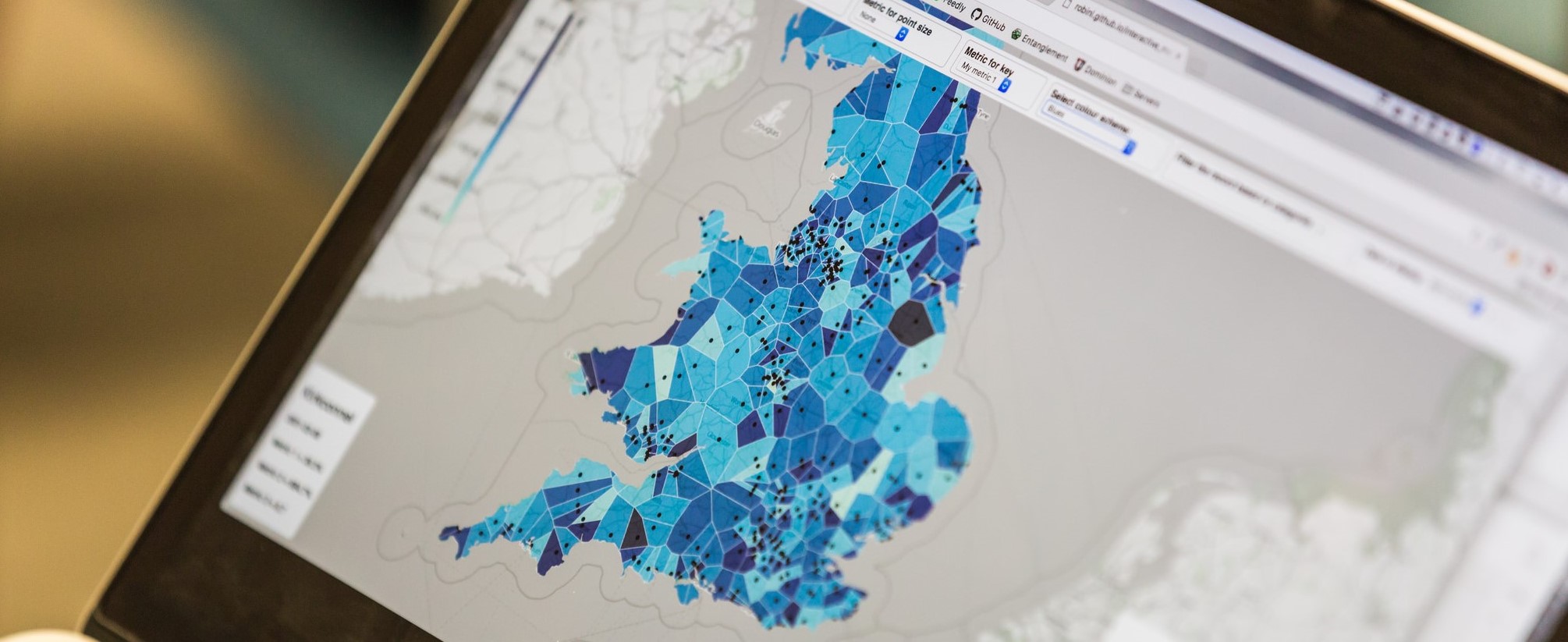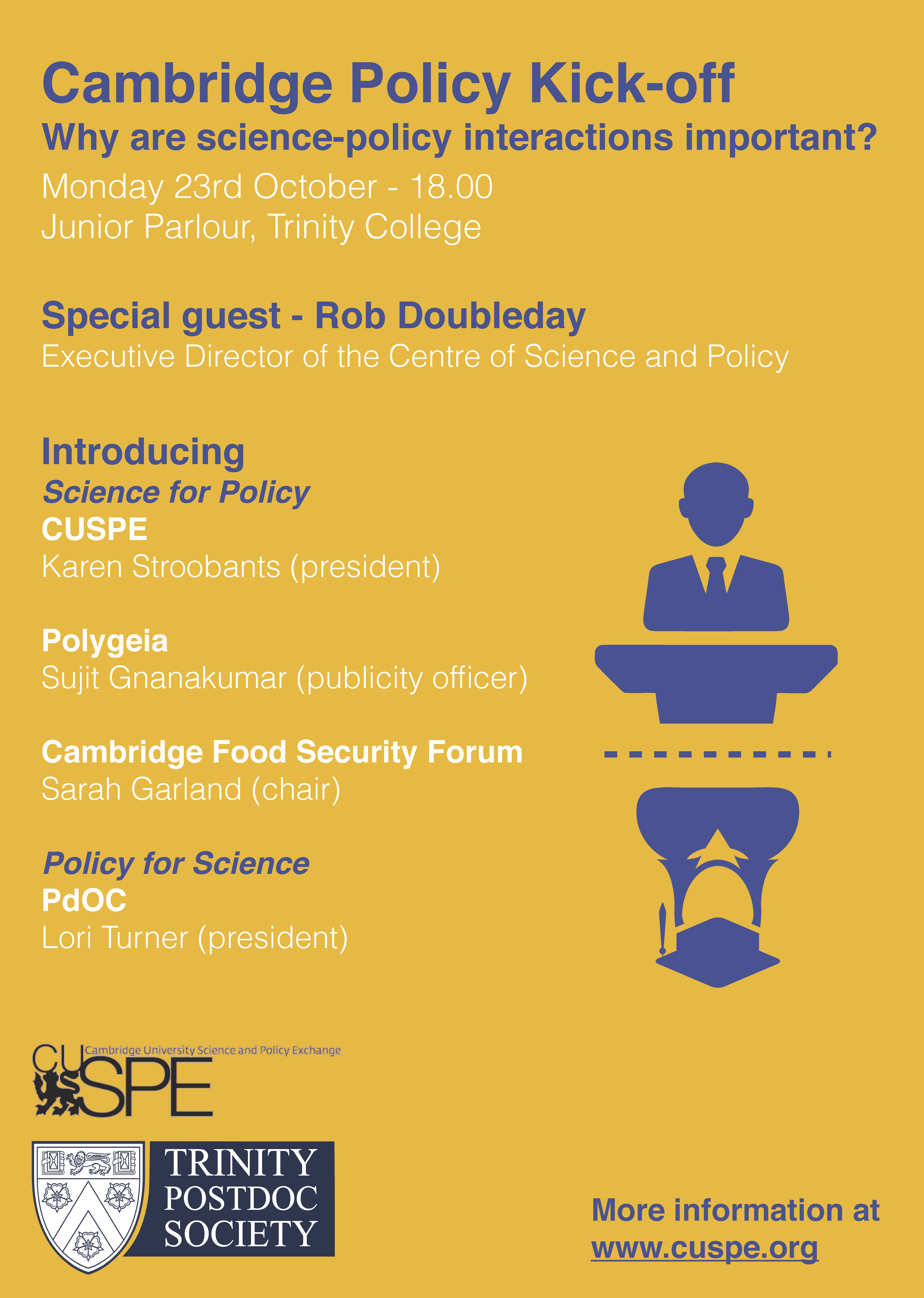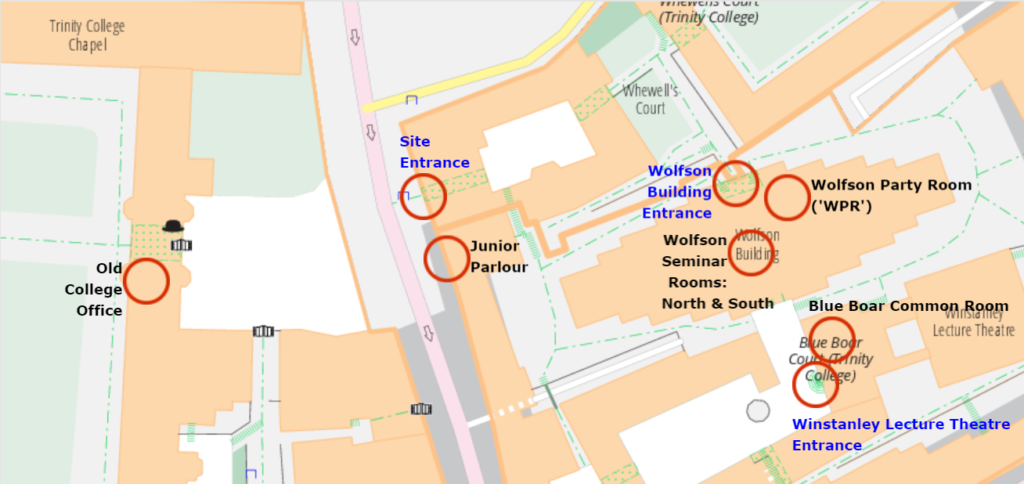November 21: Gene editing – the good, the bad, and the legal
November 21st, 6:30 pm – Gonville and Caius College, Bateman Auditorium
Register here.
DESCRIPTION
Gene editing, where should we draw a line? How far can we go?
The use of genetic techniques to edit human genes is one of the most controversial topics in modern science.
Should these be used only as research tools, or should we aim to use them to eradicate diseases? If so, what would the implications be, and are the risks too high?
In this event we will aim to consider all of these questions and more, through lectures given by three experts in the fields of gene editing, bioethics and law. The intersection where these topics meet will be explored and further discussed through a panel and questions from the chair and audience.
SPEAKERS:
Dr. Sarah Chan
Sarah is a Chancellor’s Fellow at the Usher Institute for Population Health Sciences and Informatics at the University of Edinburgh. She graduated from the University of Melbourne with the degrees of LLB and BSc (Hons) and spent some years as a laboratory scientist in the field of molecular biology before moving to work in science policy and bioethics
Dr. Jayne Spink
Jayne is the CEO of Genetic Alliance UK where she develops strategies together with trustees and staff and oversees business support functions – including finance, fundraising and governance. She also provides oversight of their policy and public affairs work, member and public engagement, support services and research.
Elizabeth Bohm
Elizabeth was a Senior Policy Advisor at the Royal Society and is currently Head of International at the Academy of Medical Science. With a background in law, ethics and biology, she is interested in where these things meet.








